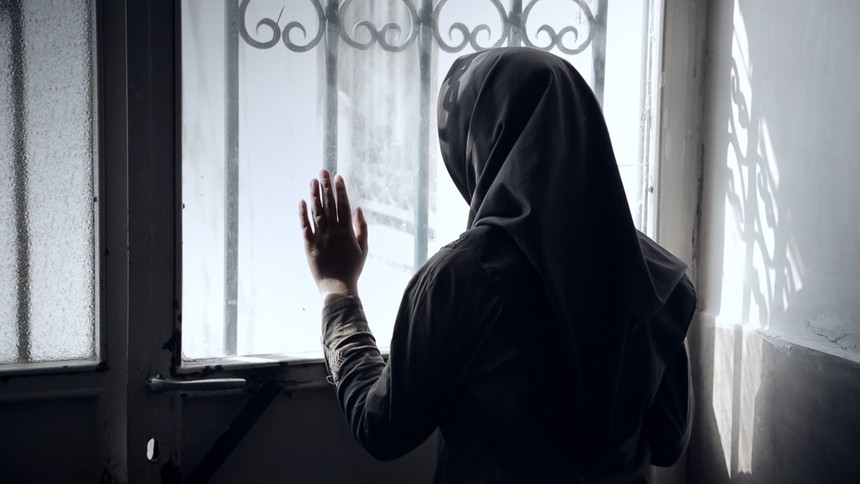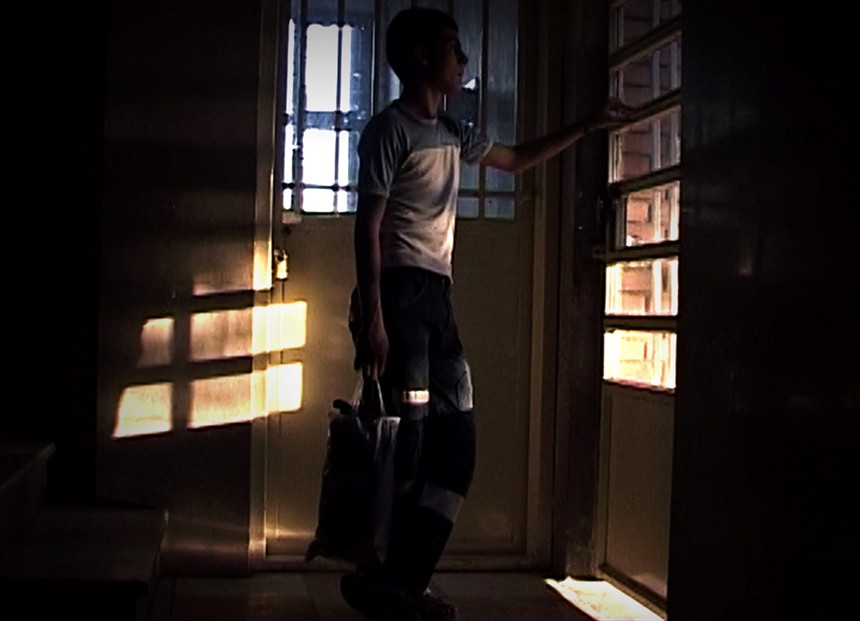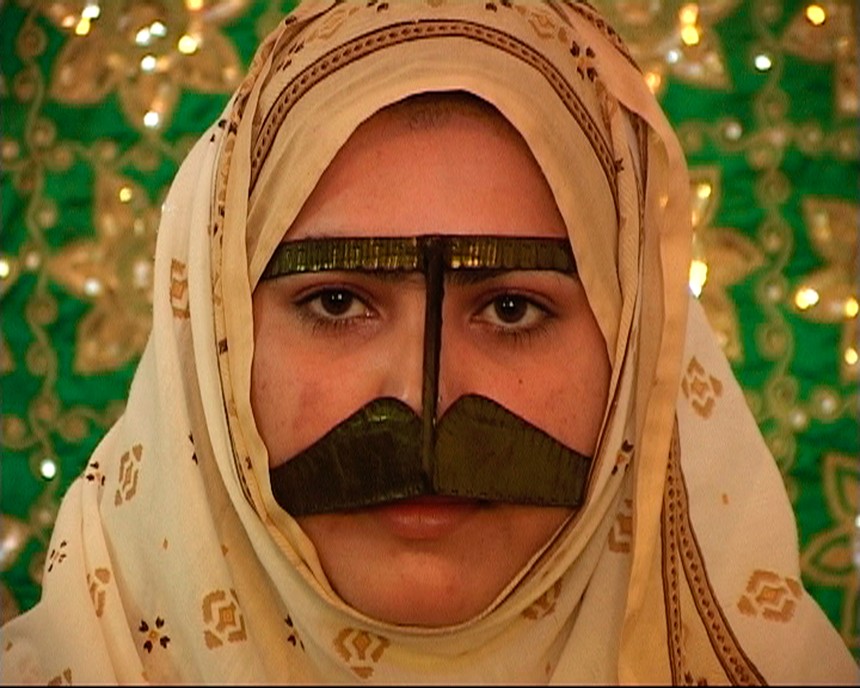Preview: Documentary, Iranian Style: The Films of Mehrdad Oskouei
When one mentions Iranian cinema, the names that most often come to mind are such directors as the late Abbas Kiarostami, Jafar Panahi, and Asghar Farhadi. More knowlegedable aficionados may also be able to mention such filmmakers as Mohsen Makhmalbaf, Dariush Mehrjui, Mohammad Rasoulof, and Samira Makhmalbaf (daughter of Mohsen).
However, there's another acclaimed filmmaker that well deserves to be in the illustrious company of the directors I've mentioned above, but is undeservedly far less known. His name is Mehrdad Oskouei, a documentarian who's been making films since the late 1980s, and has won numerous awards for his work at home and abroad. His films since the 2000s have incisively interrogated Iran's patriarchy, poverty, and stark class differences, with a fine visual style that matches the power of his empathy toward the marginalized subjects of these films. His best known works are his trilogy set in a youth detention center on the outskirts of Tehran, consisting of It's Always Late for Freedom, The Last Days of Winter, and his finest work to date, Starless Dreams, set in the girls' wing of the prison, featuring often heartbreaking stories told by the women of how they ended up there.
Anthology Film Archives, with their retrospective "Documentary, Iranian Style: The Films of Mehrdad Oskouei," sets out to correct audience's lack of familiarity with his remarkable work with the most comprehensive survey of his films to date in the U.S. His major works, along with early shorts will be screened throughout the retrospective, which runs from February 23-28.
Below are my picks of particular highlights of the retrospective. For more information, visit Anthology Film Archives' website.














